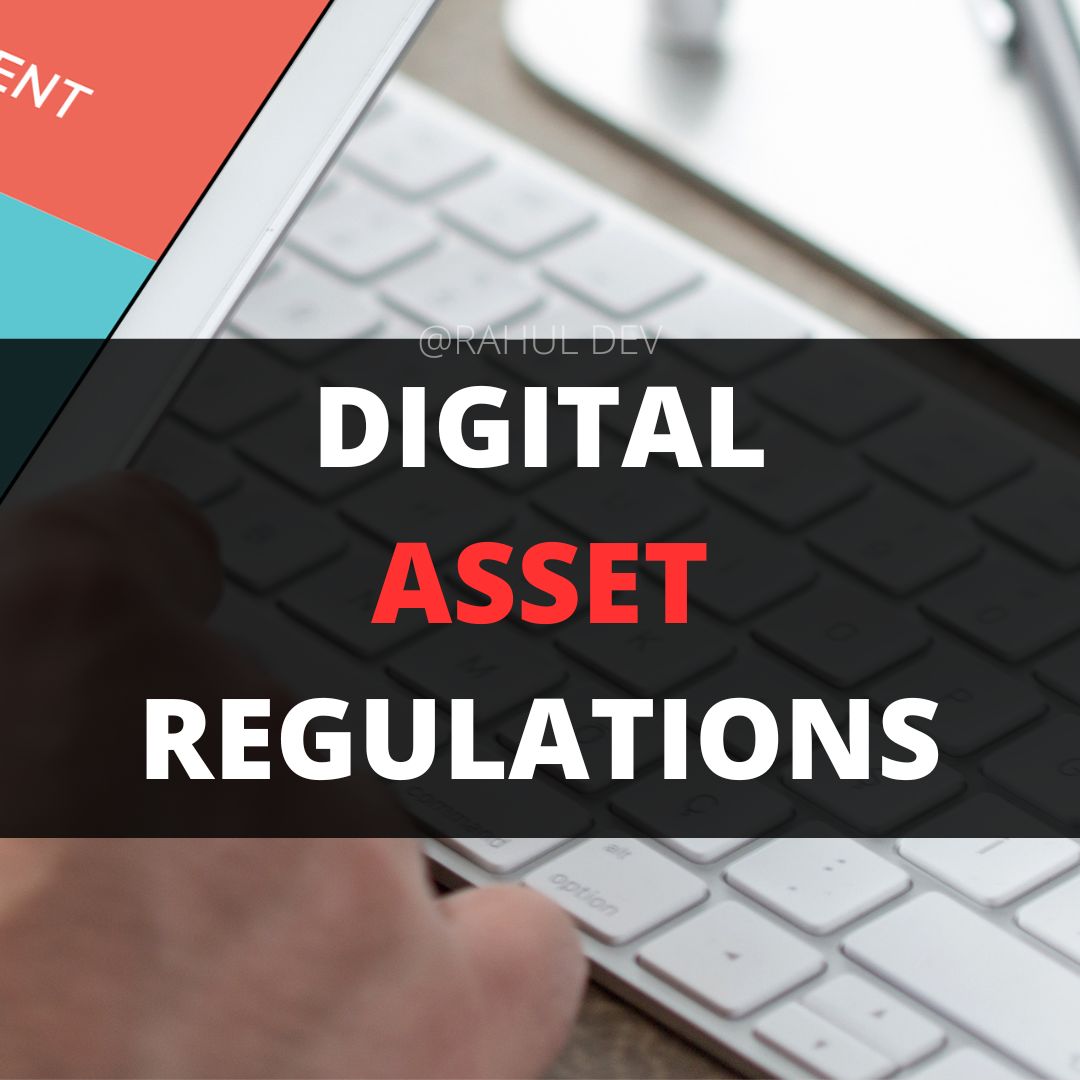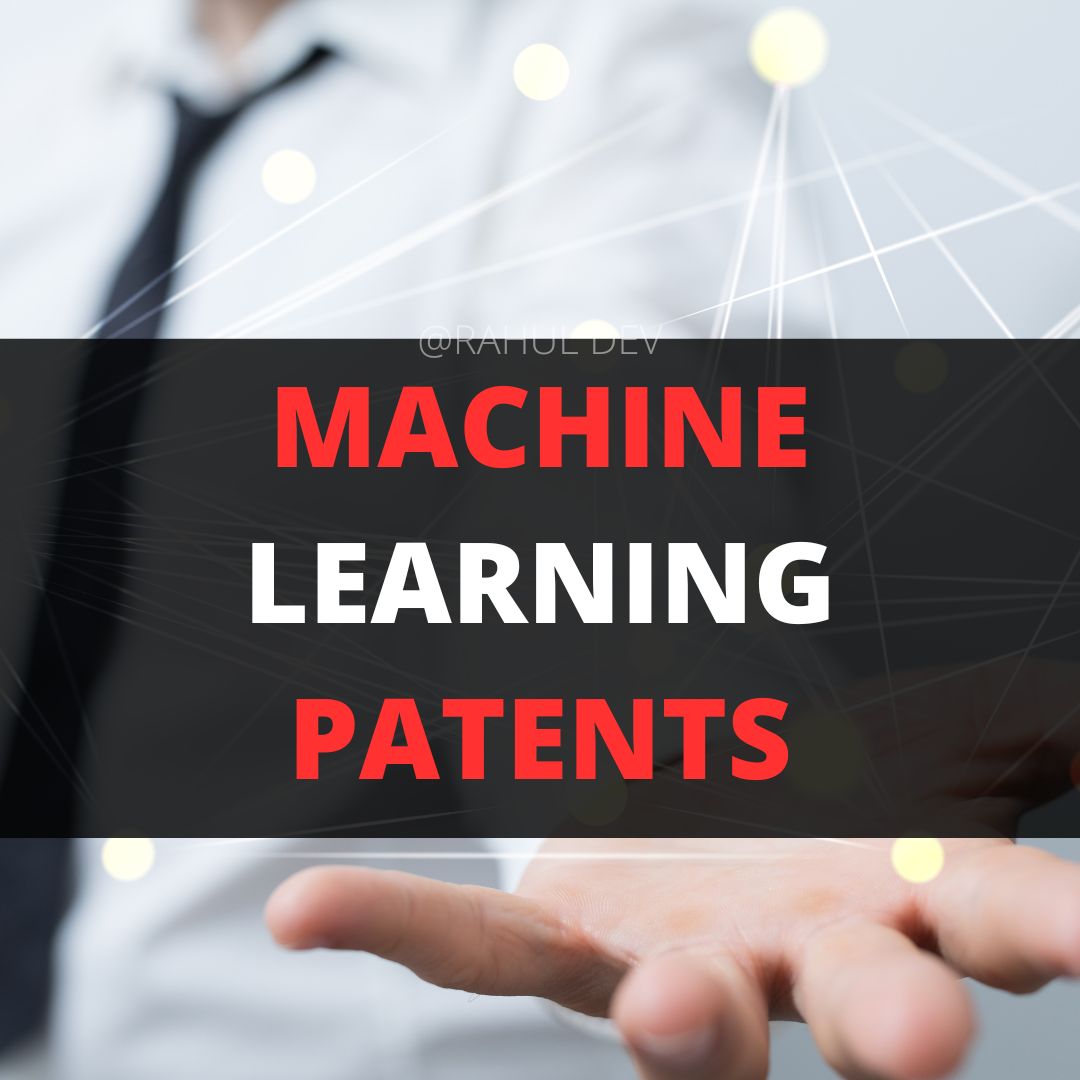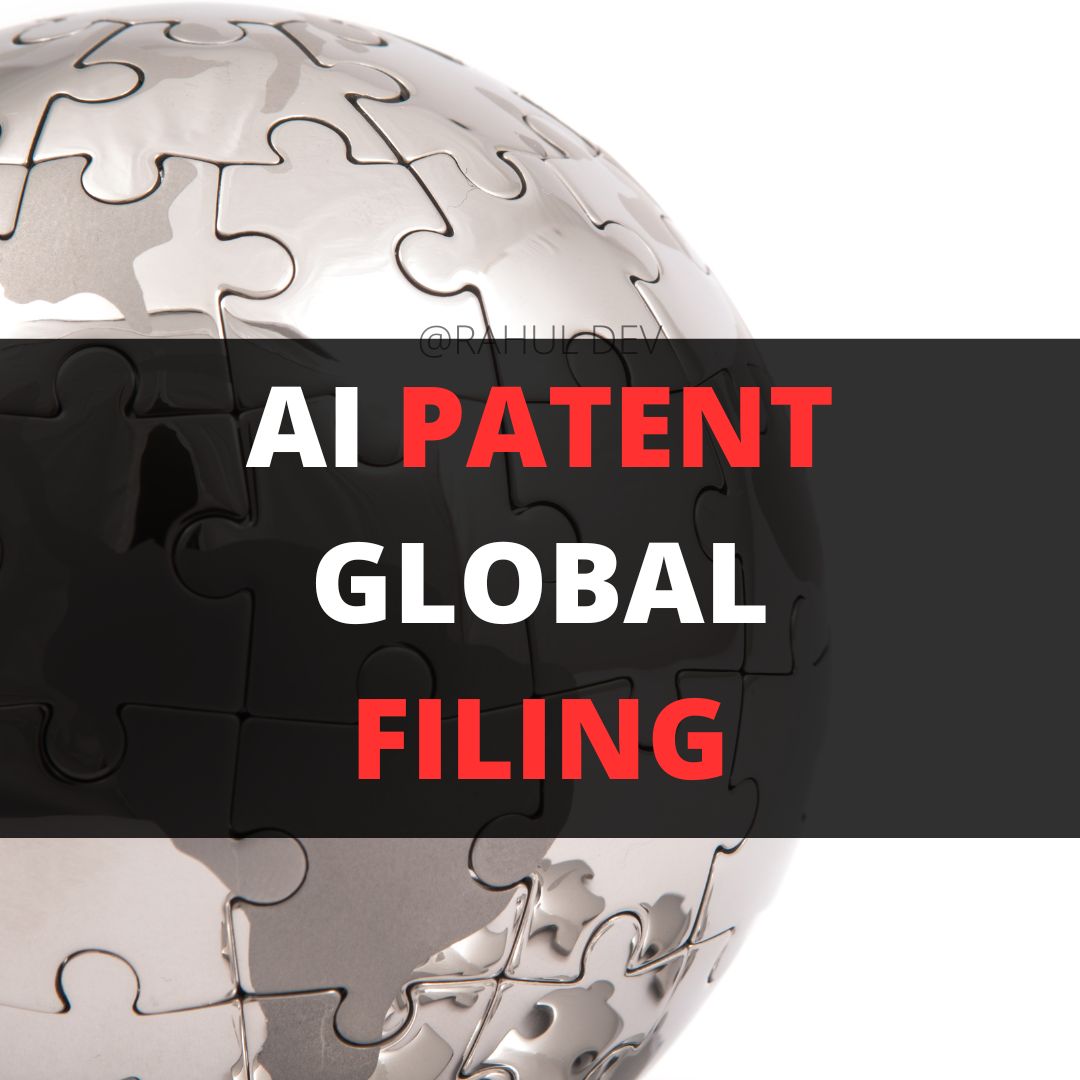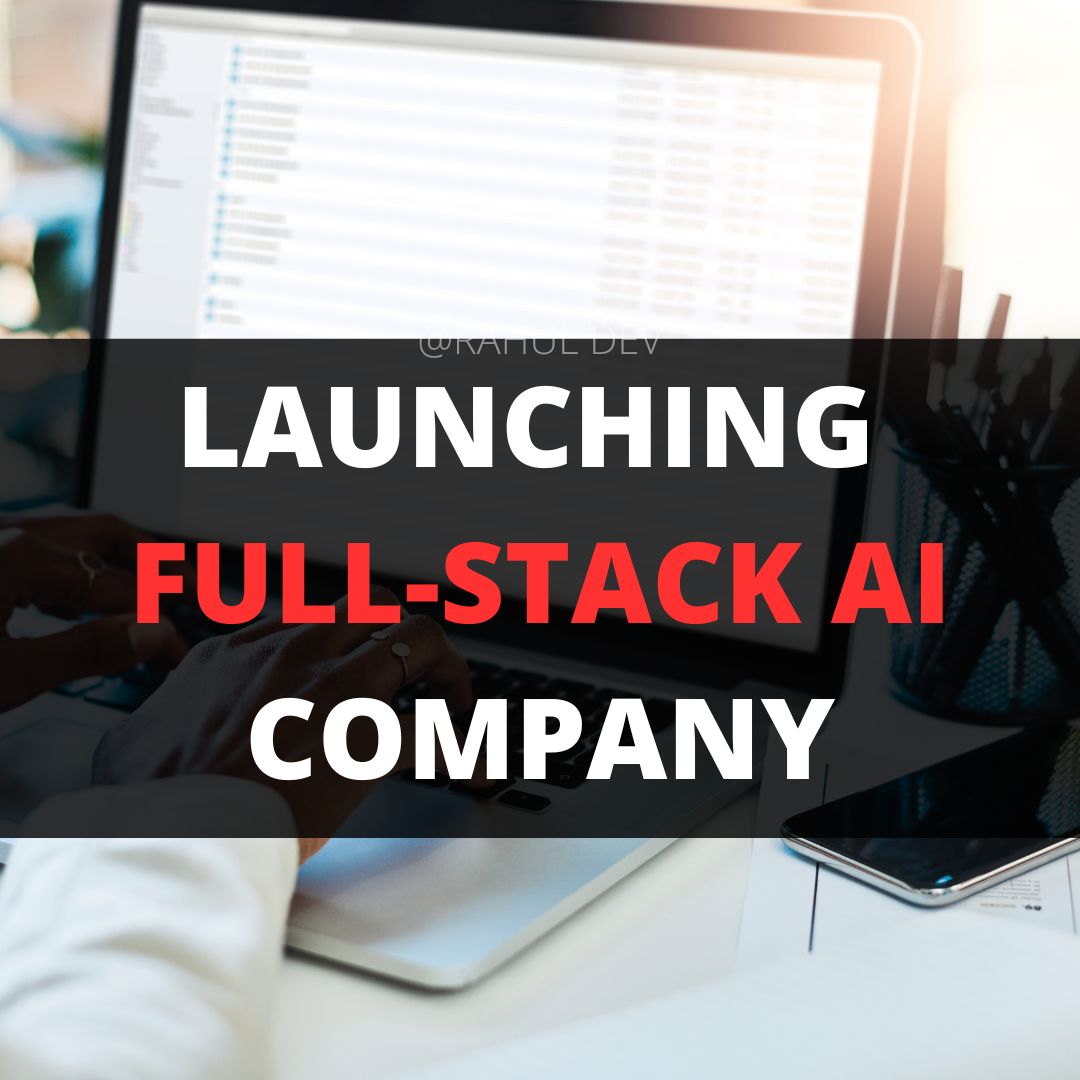
A legally compliant DAO requires legal structuring with a strategic DAO legal framework for decentralized governance. From the perspective of DAO legal strategy, no standard playbook exists for constructing a legally compliant DAO. The important legal aspects of DAO include, DAO legal structure, DAO token issuance, legal liability and tax protection.
With a view to set up a legally strong DAO, there are various options to built the DAO legal structure, including, but not limited to, US legal entity, offshore entity, setting up a foundation, or operating without any entity. The main goal should be to avoid unlimited liability without any DAO corporate entity. Within the jurisdiction of the US, there are various options available to set up a DAO legal entity. For example, Wyoming’s DAO recognition garnered media notice. Also, Delaware LLCs are better being fast, inexpensive, and flexible. In addition to Delaware, Nevada can also be considered as a preferred jurisdiction for doing DAO business. With regard to onshore and offshore incorporation, a decision can be taken based on appropriate taxation structure.
Issuance of utility token forms an important element of the DAO business model as explained in the DAO whitepaper. Essentially, the utility tokens under the DAO business structure are aimed at providing one or more benefits to the users without sharing any ownership or equity that can come under the ambit of security tokens. Utility tokens can be issued to fund a project or as a way to pay for services. They can be used to pay for goods and services, or to invest in the company that is developing the project. Utility tokens are also used in DAO (Decentralized Autonomous Organization) projects. In these projects, there is no central authority that governs the token and its value. Instead, there are rules written into the code that determine how it can be used and who can use it.
Utility tokens are one of the most exciting developments in blockchain technology. Tokens can be used to power a decentralized application (dApp) or other platform, but they have no inherent value outside of their use on that platform. They’re kind of like gift cards: you can’t resell them for cash, you can only use them on the platform. Tokens are also unique in that they’re often issued by an organization called a Decentralized Autonomous Organization (DAO). A DAO is a set of protocols that govern how decisions are made regarding the organization’s funds and operations.
By definition, a decentralized autonomous organization (DAO) is a system that has its own rules and governance structure, but does not have any human decision makers. DAOs are often created for online communities, but you can also create one for your business. Operationally, a DAO is a decentralized organization that is run by a computer program and operates in a completely transparent manner. It has no single point of failure, as it’s not controlled by any individual or central authority. In other words, the company exists on the blockchain and is governed by its rules coded into smart contracts.
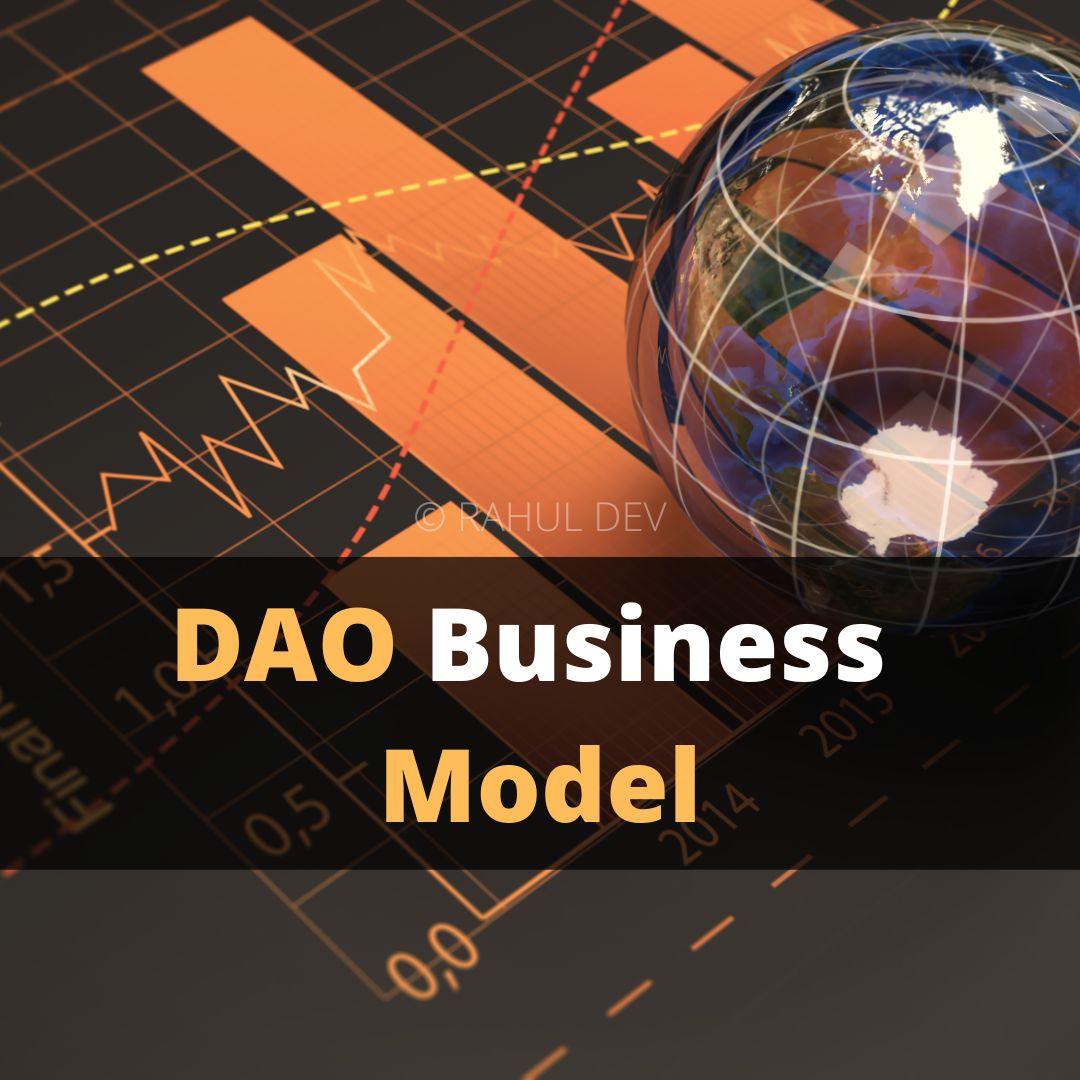
The benefits of a DAO are many and varied. The first is that it’s decentralized, meaning no one person or entity has control over it. This makes it much harder to steal money from because there’s no central point of attack. Another benefit is autonomy: DAOs operate on their own without the need for human intervention, which means they can make decisions quickly without having to wait for approval from someone else who might be busy or unavailable (like in a traditional company). This makes them great candidates for tasks like trading financial instruments on markets where speed matters–you don’t want your investments held up by bureaucracy! Finally, DAOs are organizations; this means they can act as legal entities and enter into contracts with other companies or individuals just like any other business would do (though there may be some differences depending on what jurisdiction you’re working under).
To start a DAO, you need to form a group of people who share the same vision and goals. The first step is to create a smart contract on the blockchain. After that, set up a website or use social media to attract other members who will help contribute to your cause. Lastly, use tokens as incentives for users within your community so they’re incentivized enough to contribute their time and resources towards making your idea successful!
You can start a DAO. It’s not as easy as it sounds, but it’s also not impossible. Before you get started, though: do your research! There are plenty of resources out there that will help you understand what a DAO is and how they work (like this one). You should also think about where to incorporate your new business entity–a lot depends on the jurisdiction in which you choose to register. And finally, make sure that whatever legal structure you choose has been properly vetted by an expert who understands both technology and law; otherwise, there could be serious legal implications down the line if something goes wrong with your project.
Our team of advanced patent attorneys assists clients with patent searches, drafting patent applications, and patent (intellectual property) agreements, including licensing and non-disclosure agreements.
Advocate Rahul Dev is a Patent Attorney & International Business Lawyer practicing Technology, Intellectual Property & Corporate Laws. He is reachable at rd (at) patentbusinesslawyer (dot) com & @rdpatentlawyer on Twitter.
Quoted in and contributed to 50+ national & international publications (Bloomberg, FirstPost, SwissInfo, Outlook Money, Yahoo News, Times of India, Economic Times, Business Standard, Quartz, Global Legal Post, International Bar Association, LawAsia, BioSpectrum Asia, Digital News Asia, e27, Leaders Speak, Entrepreneur India, VCCircle, AutoTech).
Regularly invited to speak at international & national platforms (conferences, TV channels, seminars, corporate trainings, government workshops) on technology, patents, business strategy, legal developments, leadership & management.
Working closely with patent attorneys along with international law firms with significant experience with lawyers in Asia Pacific providing services to clients in US and Europe. Flagship services include international patent and trademark filings, patent services in India and global patent consulting services.
Global Blockchain Lawyers (www.GlobalBlockchainLawyers.com) is a digital platform to discuss legal issues, latest technology and legal developments, and applicable laws in the dynamic field of Digital Currency, Blockchain, Bitcoin, Cryptocurrency and raising capital through the sale of tokens or coins (ICO or Initial Coin Offerings).
Blockchain ecosystem in India is evolving at a rapid pace and a proactive legal approach is required by blockchain lawyers in India to understand the complex nature of applicable laws and regulations.
Read About Patent FIling Guide

